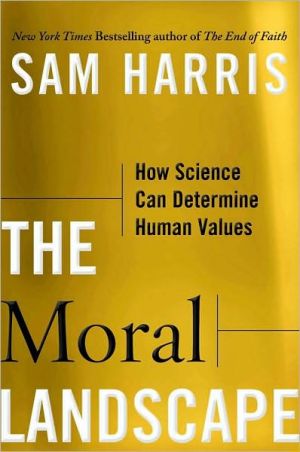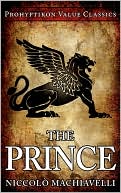Between Deflationism and Correspondence Theory
McGrath argues for an original truth theory that combines elements of two well-known philosophical theories—deflationism and correspondence.
Search in google:
McGrath argues for an original truth theory that combines elements of two well-known philosophical theories—deflationism and correspondence. Booknews McGrath's dissertation, written at Brown U. between 1996 and 1998, represents the first stage of a projected larger work on the nature of truth. It examines the correspondence theory, which states that a proposition is true if it corresponds to some fact in the world, and the competing theory of deflationism, which treats truth as a device for increasing a language's expressive powers, or as a means for stating information that could not efficiently be stated otherwise. While McGrath writes that he set out to defend the correspondence theory from its deflationist detractors, in the end he finds himself defending a form of deflationism that he calls "weak deflationism." Annotation c. Book News, Inc., Portland, OR (booknews.com)
Preface; 1. Realism about Propositions and Properties; I. Introduction; II. Ontological Commitment; III. Are Properties and Contents on a Par with Sakes and Average Persons?; IV. Ackerman's Triviality Charge; V. Properties and Concepts? Propositions and States of Affairs?; 2. Deflationism Rejected, Weak Deflationism Presented; 3. Questions for Weak Deflationism; I. Is Weak Deflationism Circular?; II. Why Shouldn't One Seek a Correspondence Theory of Propositional Truth?; III. Does Weak Deflationism Stumble on the Explanation of General Facts Involving Truth?; IV. Does Weak Deflationism Have the Resources to Explain the Obviousness of Propositions Expressed by Instances of the Schema 'p' is true if p?; V. Can the Weak Deflationism Can the Weak Deflationism Answer the Standard Objection to Correspondence Theories that if Truth Consisted in Correspondence with the Facts, Knowing Something is True would Require an Absurd Comparison Between Sentences (Utterances, Beliefs) and Facts?; VI. Is Weak Deflationism Incompatible with Non-Factualist Theories of Certain Areas of Declarative Discourse, e.g., Moral Discourse?; VII. Why Can't We Use Higher-Order Quantification to Formulate Deflationism about Propositional Truth as a Universalized Biconditional?; 4. A Challenge from David Lewis; I. First Part of the Challenge; II. Second Part of the Challenge; 5. Truthmaking; I. Question 1: Does Pursuit of the Truthmaker Project Require Acceptance of a Correspondence Theory of Truth Rather than a Deflationist Theory?; II. Question 2: Is There Good Reason to Think the Truthmaker Project will be fruitful?; III. Truthmaking without the Truthmaker Project; 6. The Liar Paradox; I. Illustrations ofSupervenience; II. Categorial Preliminaries; III. An (Almost) General Account of Truth; IV. A Dilemma?; V. Comparison with Kripke's Account; Bibliography
\ BooknewsMcGrath's dissertation, written at Brown U. between 1996 and 1998, represents the first stage of a projected larger work on the nature of truth. It examines the correspondence theory, which states that a proposition is true if it corresponds to some fact in the world, and the competing theory of deflationism, which treats truth as a device for increasing a language's expressive powers, or as a means for stating information that could not efficiently be stated otherwise. While McGrath writes that he set out to defend the correspondence theory from its deflationist detractors, in the end he finds himself defending a form of deflationism that he calls "weak deflationism." Annotation c. Book News, Inc., Portland, OR (booknews.com)\ \








